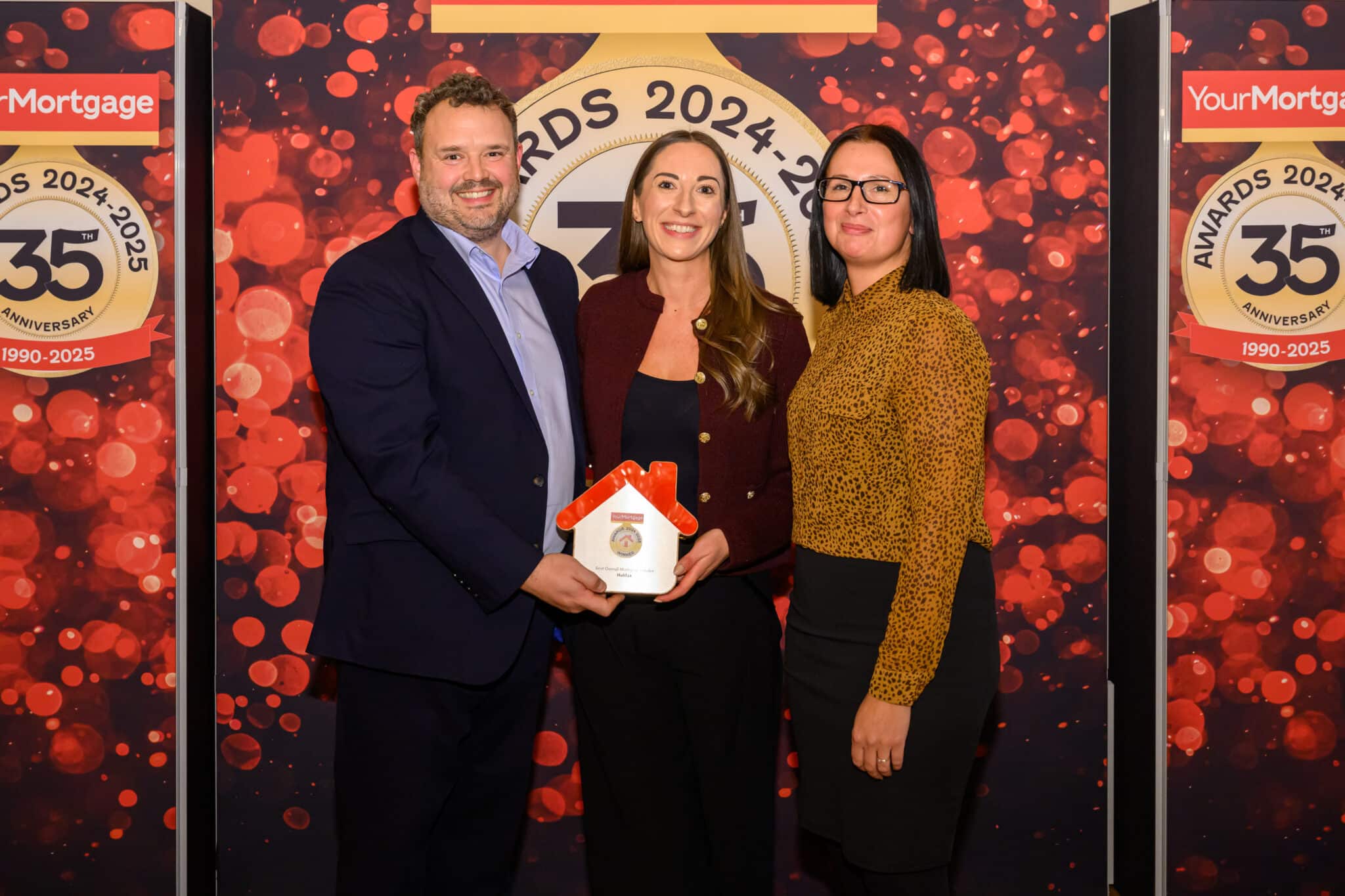
The buy-to-let mortgage specialist revealed that yields achieved by landlords increased in the third quarter of the year, continuing their strong performance from mid-2022.
Paragon Bank said that, based on mortgage offer data for buy-to-let purchase and remortgage, the average yield hit 6.72% in September, up from 6.69% at the end of the second quarter of 2024 and 6.48% a year ago.
The yield – the proportion of rental income against the property value – at the end of the third quarter was based on the average buy-to-let property value of £343,356 and rental income of £23,076.
Yields have strengthened since the summer of 2022, ‘as house price inflation stabilised and rents increased due to constrained availability of rental stock’ said the lender.
Where are the highest yields?
By property type, more complex property types achieved the highest yields, according to Paragon. Houses in Multiple Occupation generated the highest yields at 8.34%, followed by freehold blocks at 6.66%. Flats and terraced houses achieved yields of 6.02% and 5.94% respectively.

Your Mortgage Awards 2024/25: winners revealed
Sponsored by Your Mortgage Awards
Regionally, landlords in the North of England (covering the North East and Cumbria) achieved the highest rental yields, at 8.02%, followed by Wales at 7.95%. Landlords in Greater London achieved the lowest yields at 5.52%.
Paragon Bank Mortgages commercial director, Russell Anderson, said: “Yield performance has been improving over the past 18 months as house price inflation moderated, but the strong demand for rental property drove rental prices higher.
“We typically see higher yields achieved by more complex buy-to-let propositions, but strong yields can also be achieved on more basic property types, such as flats and terraced homes.”
“This data is based on offers, so you would expect yield performance to be even better on existing property in landlords’ portfolios, which would have benefited from a longer period of both house price and rental value growth since acquisition. Yields are also only one part of the story; the landlord’s specific return on investment will be based on a number of factors, including how they have financed the property, capital gains and also any improvements they make.”




